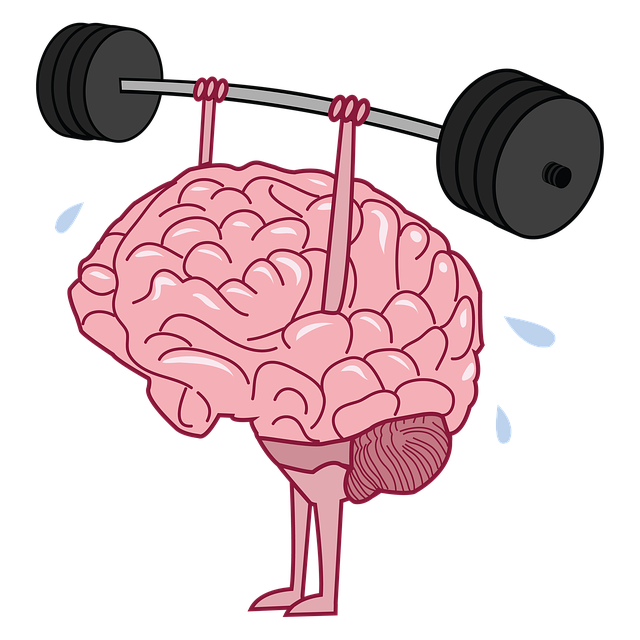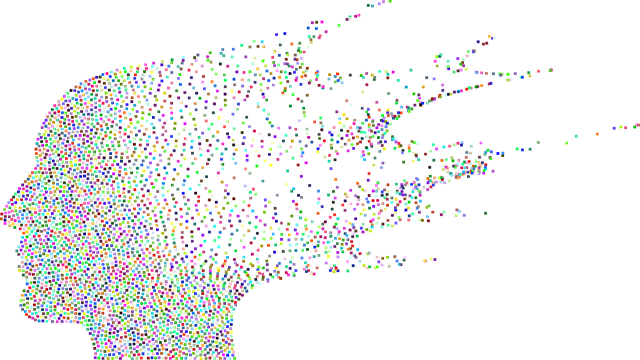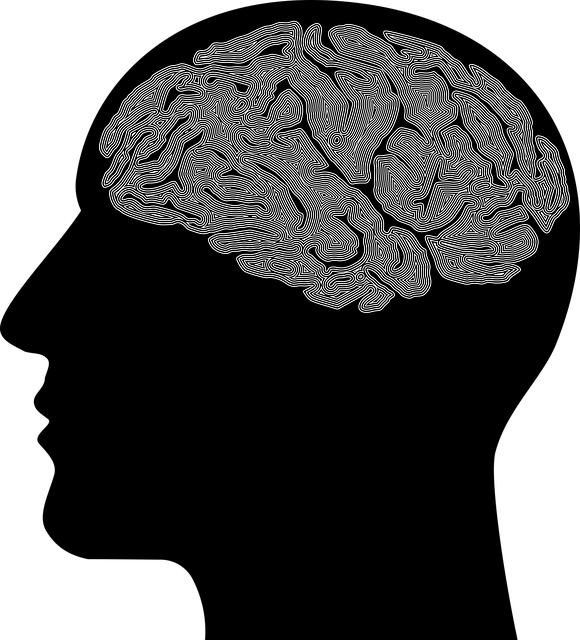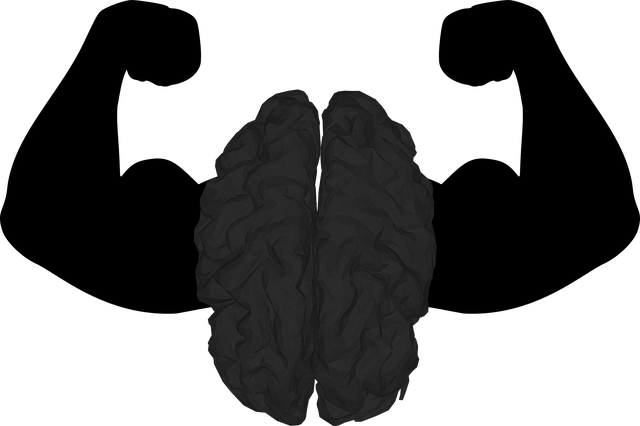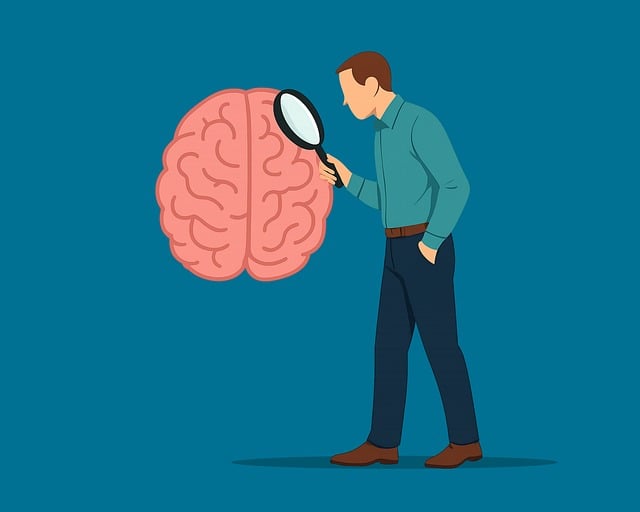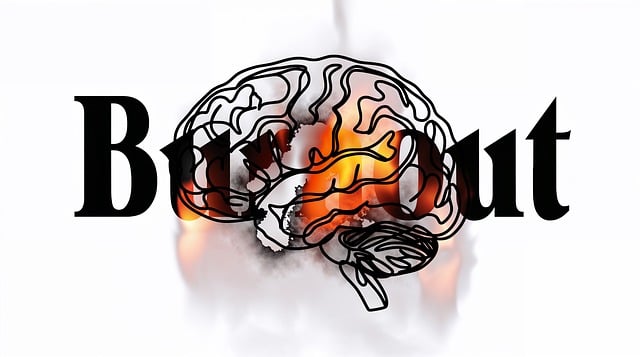Mental Health Self-Assessment tools, especially tailored for bipolar disorder using methods like those offered by Lafayette Bipolar Disorder Therapy, empower individuals to track and manage their emotional well-being. Integrating journaling exercises, personalized guidance, cognitive-behavioral therapy, mindfulness techniques, and trauma support services improves self-awareness, enables proactive symptom management, and promotes holistic mental wellness. These tools aid healthcare professionals in providing more personalized care, preventing burnout, and enhancing the overall understanding of mental health.
Mental wellness self-assessment tools play a crucial role in individual understanding and management of their mental health. This article delves into the development of such tools, focusing on bipolar disorder as a case study. We explore the significance of self-assessments in recognizing symptoms and guiding treatment plans, particularly highlighting Lafayette Bipolar Disorder Therapy as an innovative approach integrated into these tools. By understanding effective assessment methods, individuals can take proactive steps towards managing their mental wellness.
- Understanding Mental Health Self-Assessment Tools
- Developing Effective Self-Assessment Tools for Bipolar Disorder
- Integrating Lafayette Bipolar Disorder Therapy into Self-Assessment Tools
Understanding Mental Health Self-Assessment Tools

Mental Health Self-Assessment tools play a pivotal role in empowering individuals to take charge of their mental wellness. These tools provide a structured framework for self-reflection, allowing users to assess their emotional state, identify potential issues, and track changes over time. For those struggling with conditions like Bipolar Disorder, these assessments can be life-saving, enabling early detection and intervention. Lafayette Bipolar Disorder Therapy has recognized the importance of such tools in fostering inner strength development, which is crucial for managing mood swings and maintaining stability.
Beyond individual benefits, self-assessment tools have significant implications for healthcare professionals. By utilizing them, healthcare providers can better understand patient experiences with stress management, recognize burnout prevention strategies necessary for their own well-being, and offer more personalized care. This proactive approach not only enhances the effectiveness of treatment but also promotes a holistic understanding of mental health within the healthcare sector.
Developing Effective Self-Assessment Tools for Bipolar Disorder

Developing effective self-assessment tools for bipolar disorder is a multifaceted process that integrates mental wellness journaling exercises and guidance tailored to the unique needs of those affected. By incorporating self-awareness exercises, individuals can gain deeper insights into their emotional patterns and triggers, enabling proactive management of symptoms. This approach, often facilitated by Lafayette Bipolar Disorder Therapy, allows for personalized strategies that address mood swings, energy levels, and sleep patterns—crucial aspects in monitoring and stabilizing bipolar disorder.
Trauma support services play a significant role in this equation, as many individuals with bipolar disorder may also have experienced past traumas. Integrating self-assessment tools that consider these co-occurring issues ensures comprehensive care. Through mental wellness journaling, users can track their emotional state over time, identify potential triggers, and develop coping mechanisms that promote resilience and overall mental wellness. This proactive approach empowers individuals to take control of their bipolar disorder, fostering a sense of stability and improved quality of life.
Integrating Lafayette Bipolar Disorder Therapy into Self-Assessment Tools

Integrating Lafayette Bipolar Disorder Therapy (LBDT) into self-assessment tools can significantly enhance their effectiveness in identifying and managing bipolar disorder symptoms. LBDT, developed by mental health professionals, offers a structured approach that combines cognitive-behavioral techniques with mindfulness practices tailored to address the unique challenges faced by individuals with bipolar disorder. By incorporating these evidence-based strategies, self-assessment tools can provide users with more nuanced insights into their emotional and behavioral patterns, enabling early detection of potential mood episodes.
This integration is particularly crucial in light of the growing recognition of trauma’s impact on mental health. Effective self-assessment tools should not only focus on bipolar disorder symptoms but also incorporate elements of Trauma Support Services to cater to the diverse needs of individuals who may have experienced past traumas. Additionally, Healthcare Provider Cultural Competency Training can ensure that these tools are sensitive to cultural variations, making them accessible and relevant to a broader range of users. Furthermore, Mental Wellness Coaching Programs Development can complement self-assessment tools by offering personalized guidance and support based on individual assessment results, fostering holistic mental wellness improvement.
Mental wellness self-assessment tools play a pivotal role in empowering individuals to take charge of their mental health. By understanding the intricacies of various disorders, such as bipolar disorder, we can develop effective assessment tools that facilitate early detection and intervention. Integrating innovative approaches like Lafayette Bipolar Disorder Therapy into these tools promises to revolutionize self-care practices, enabling folks to navigate their mental health journey with enhanced support and improved outcomes.



